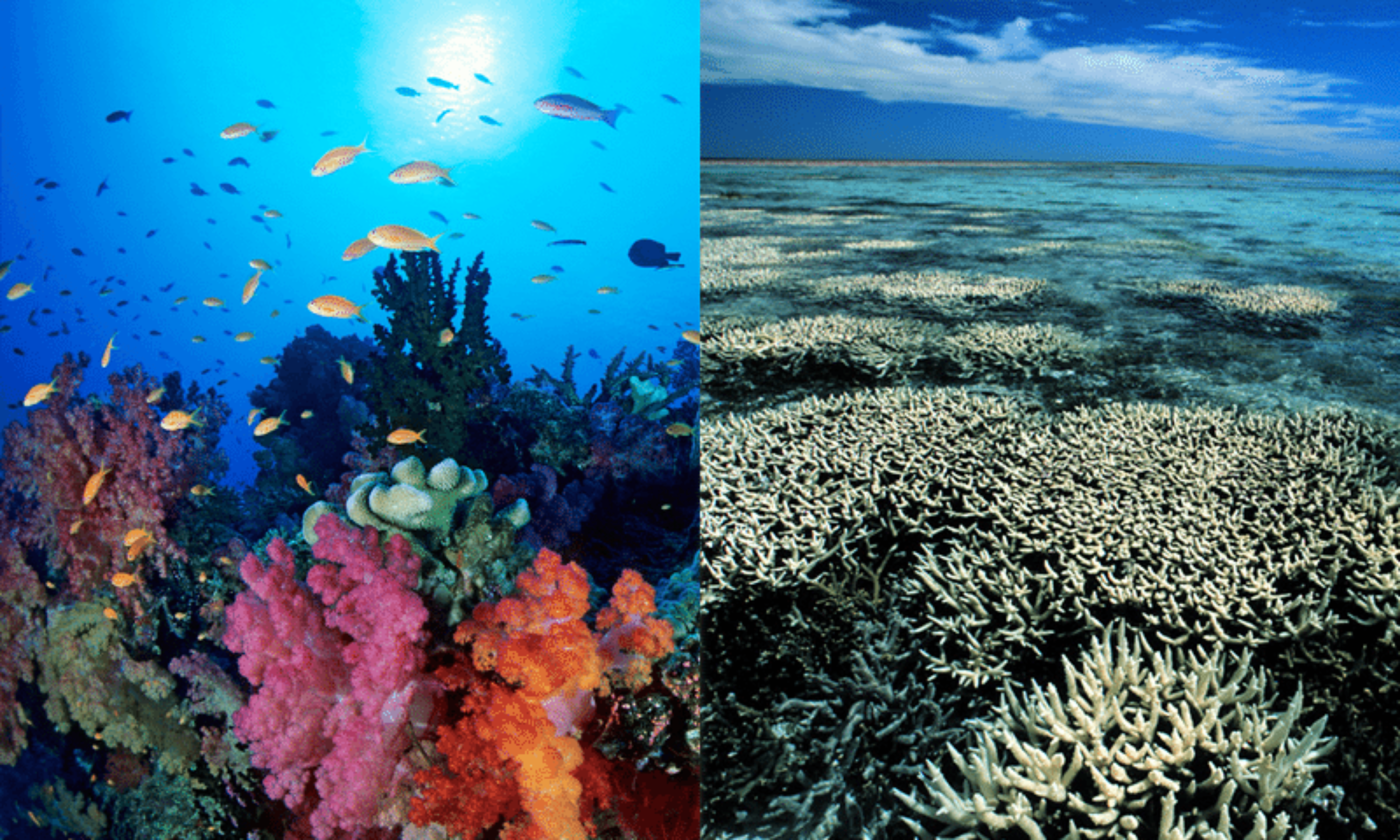In the New York Times article named “Coronavirus Doesn’t Slow Trump’s Regulatory Rollbacks” written by Lisa Friedman she highlights the many changes being made by the Trump administration in order to cut the spending on environmental protection and scientific research. The explanation behind these cuts lies within protecting the oil companies and their businesses by cutting back on the amount of fines and restrictions they receive, and because of the current situation happening in the US right now it is much easier for these changes to be made with much uproar. Much of the cuts in spending will effect migratory bird species as well as the protection of birds around large oil rigs.
This article is an opinion editorial because the author focuses her argument around how and why these cuts are being made, but includes quotes and facts which sheds light on the Trump administrations faults, and in some cases show the hypocrisy in some of it. One quote from the article states, “The ongoing Covid-19 pandemic has illustrated the importance of ensuring rapid access and response to scientific information, as well as the utilization of that information.” In this, the speaker is trying to show that if the Trump administration is able and willing to listen to scientific information on the virus, then why would he not listen to the overlying evidence and scientific research claiming that we need to put more focus on the environment.
